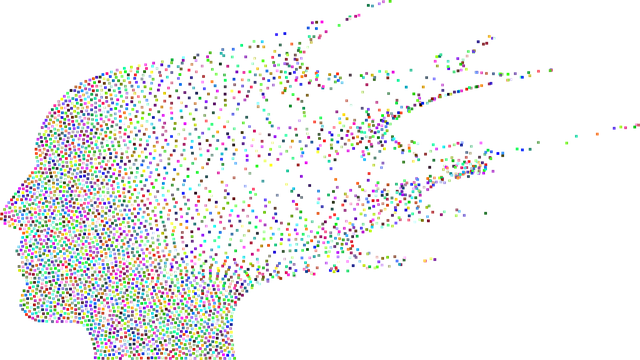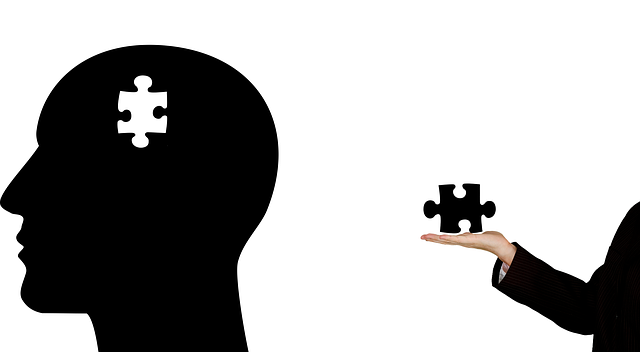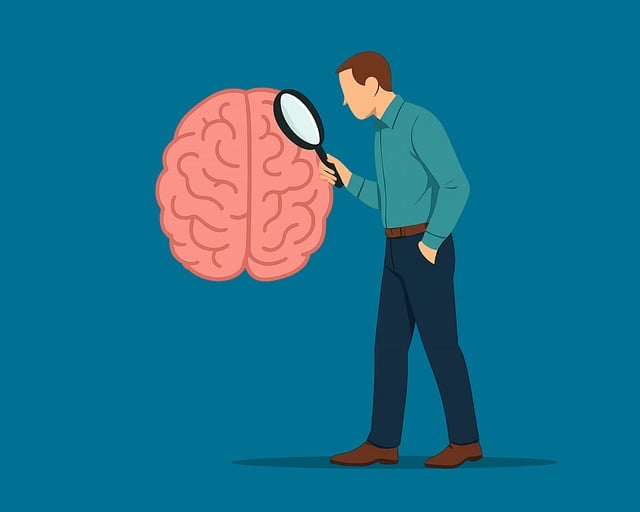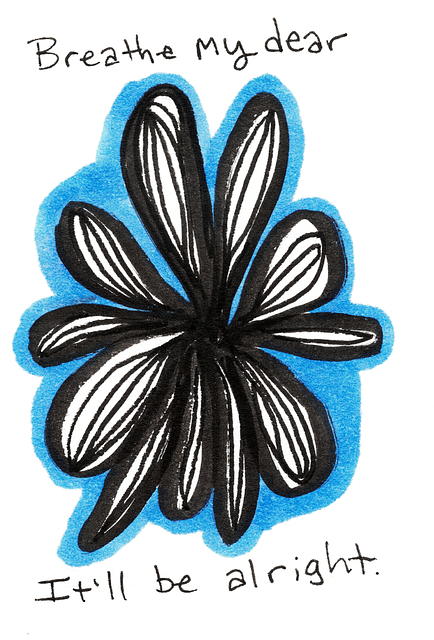Understanding elder mental wellness is crucial due to unique challenges like cognitive decline, social isolation, and chronic health conditions, exacerbated by historical barriers such as stigma and limited access to specialized services. Historical trauma from child abuse significantly impacts mental health later in life, with a strong correlation between adverse childhood experiences (ACEs) and adult psychological issues. Therapy, including cognitive-behavioral therapy (CBT), is vital for healing and improving emotional regulation abilities. Effective evaluation methods, combining quantitative and qualitative techniques, are needed to assess the impact of therapy programs targeting child abuse and elder mental health. Measuring success through subjective and objective indicators shows holistic program effectiveness, with a focus on boosting confidence and self-esteem. Integrating cultural sensitivity ensures equitable support for elders, addressing unique cultural backgrounds and historical traumas while fostering compassion cultivation practices.
Mental wellness programs for seniors face unique challenges, with historical barriers limiting access to care. Understanding these obstacles, such as ageism and stigma, is crucial for effective evaluation. This article explores key methods to assess and improve initiatives aimed at elder mental health. We delve into the long-term effects of childhood abuse, its impact on later-life wellness, and how to integrate cultural sensitivity in program design and assessment. By employing evidence-based evaluation techniques, we can enhance therapy for elders and address historical disparities.
- Understanding Elder Mental Wellness and Historical Barriers to Care
- The Impact of Childhood Abuse on Long-Term Mental Health
- Effective Evaluation Methods for Therapy Programs
- Measuring Success: Metrics and Tools for Elder Wellness Initiatives
- Integrating Cultural Sensitivity in Program Assessment and Improvement
Understanding Elder Mental Wellness and Historical Barriers to Care

Understanding elder mental wellness is crucial given the unique challenges faced by older adults, including cognitive decline, social isolation, and chronic health conditions. Historically, barriers to care have hindered access to effective therapy for elders. Stigma associated with mental health issues, especially in older populations, has long been a significant obstacle. Cultural norms that view aging as a time of declining mental acuity can discourage open discussions about emotional well-being. Additionally, financial constraints and limited access to specialized healthcare services exacerbate the problem.
Historical trauma, including experiences of child abuse, neglect, or institutionalization, further complicates the mental wellness landscape for many elders. These early life adversities can have lasting impacts on an individual’s psychological development and resilience. Recognizing these historical barriers is essential in developing inclusive mental wellness programs that address the specific needs of older adults, ensuring they receive the compassionate care they deserve. Implementing Healthcare Provider Cultural Competency Training, enhancing conflict resolution techniques, and advocating for supportive Mental Health Policy Analysis can collectively work towards breaking down these barriers and promoting holistic mental health support for elders.
The Impact of Childhood Abuse on Long-Term Mental Health

Childhood abuse, including physical, emotional, and sexual assault, has profound and long-lasting effects on mental health in later life. Research consistently shows a strong correlation between adverse childhood experiences (ACEs) and various psychological issues in adulthood. The impact of abuse can manifest as depression, anxiety disorders, post-traumatic stress disorder (PTSD), substance misuse, and even personality disorders. These conditions often lead to decreased quality of life and increased risk for physical health problems.
Therapy for elders who have experienced childhood abuse is crucial for healing and improving their emotional regulation abilities. Emotional well-being promotion techniques, such as cognitive-behavioral therapy (CBT) or trauma support services, can help individuals process past traumas, develop healthy coping strategies, and enhance their overall resilience. By addressing the root causes of mental health challenges, these interventions contribute to the restoration of a person’s sense of safety and empowerment, fostering a more positive trajectory for their emotional wellbeing.
Effective Evaluation Methods for Therapy Programs

Effective evaluation methods are crucial for assessing the impact and success of therapy programs, especially when targeting sensitive issues such as child abuse and mental health among elders. One robust approach involves utilizing a mixed-methods design, combining both quantitative and qualitative data collection techniques. Surveys and questionnaires can gauge participants’ satisfaction levels, perceived improvements in symptoms, and overall program effectiveness, providing valuable numerical insights.
Parallelly, in-depth interviews and focus groups offer rich contextual information about individuals’ therapy journeys. This allows for a deeper understanding of the therapeutic process, identifying unique challenges faced by elders or victims of child abuse. By exploring personal narratives, participants can share their experiences with building positive thinking, conflict resolution techniques, and confidence boosting strategies, which are integral aspects of holistic mental wellness programs.
Measuring Success: Metrics and Tools for Elder Wellness Initiatives

Measuring success is a critical aspect of evaluating any wellness initiative, particularly those focused on elderly populations. When it comes to elder wellness programs, several metrics and tools can be employed to assess progress and impact, ensuring that efforts are aligned with the unique needs of older adults. These include subjective measures such as self-reported improvements in mood, quality of life, and overall well-being. Additionally, objective indicators like reduced hospital admissions, decreased use of emergency services, and improved cognitive function can provide a comprehensive view of program effectiveness.
One essential metric to consider is the confidence boosting and self-esteem improvement among participants, as these factors play a significant role in their overall mental health. Programs that successfully address past traumas, such as child abuse, often lead to positive changes in self-perception and emotional resilience. Moreover, integrating risk assessment tools tailored for mental health professionals can help identify individuals at higher risk of decline or crisis, enabling timely interventions and personalized support.
Integrating Cultural Sensitivity in Program Assessment and Improvement

Integrating cultural sensitivity into mental wellness program evaluation is an essential step towards ensuring equitable and effective support for diverse communities. When assessing and improving programs serving elders, it’s crucial to consider the unique cultural backgrounds and experiences that shape their mental health needs. For instance, a program focused on therapy for elders must be attuned to the specific trauma, such as child abuse, that may be prevalent within certain ethnic or racial groups. By incorporating these cultural nuances, assessment tools can better capture the effectiveness of interventions tailored to address these unique challenges.
This cultural sensitivity can guide the implementation of compassion cultivation practices, which have shown promise in reducing stress and promoting well-being. For example, Mental Wellness Podcast Series Production can be adapted to reflect diverse cultural perspectives on healing and mindfulness, ensuring that Stress Reduction Methods are accessible and meaningful to all participants. Such an inclusive approach not only enhances program outcomes but also fosters a sense of belonging and trust among elders from various backgrounds.
Evaluating mental wellness programs is essential to ensure their effectiveness, especially when addressing historical barriers to care and issues like childhood abuse that can significantly impact long-term mental health. By utilizing robust evaluation methods, such as cultural sensitivity, tailored metrics, and evidence-based practices, we can measure the success of initiatives supporting elder wellness. These approaches help us navigate complex challenges and foster sustainable improvements in therapy programs, ultimately enhancing the lives of those seeking support.














